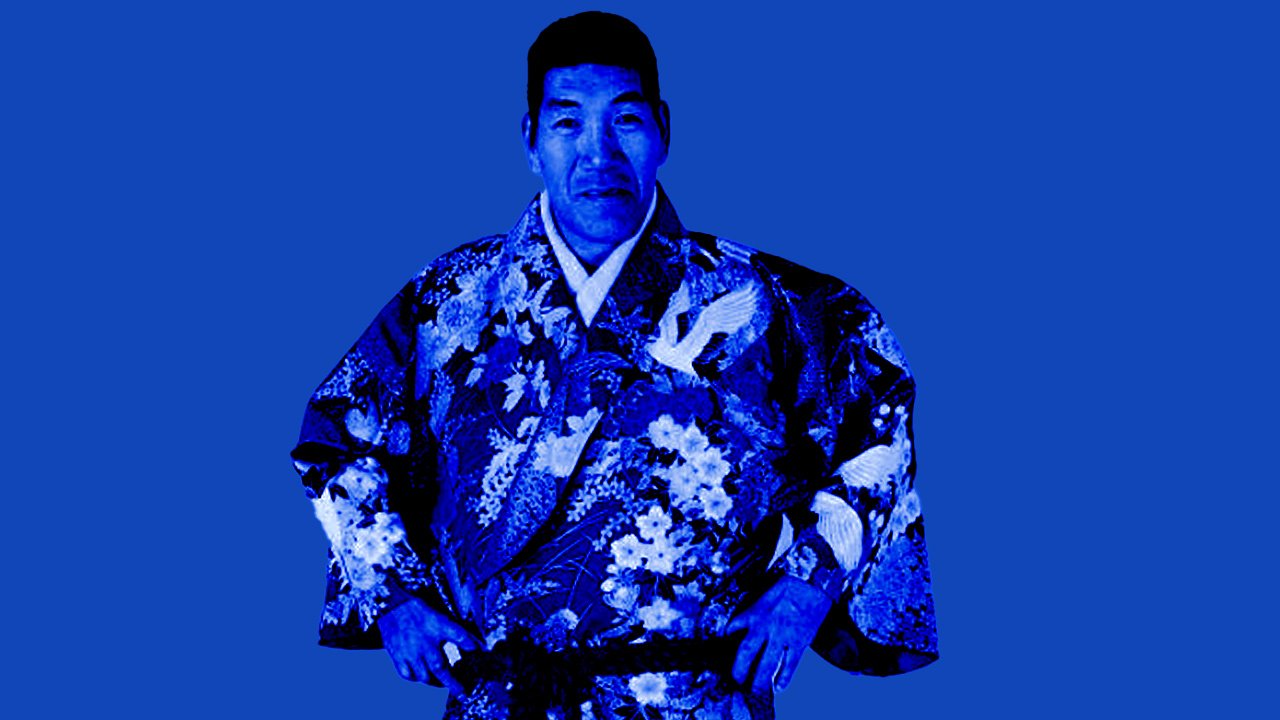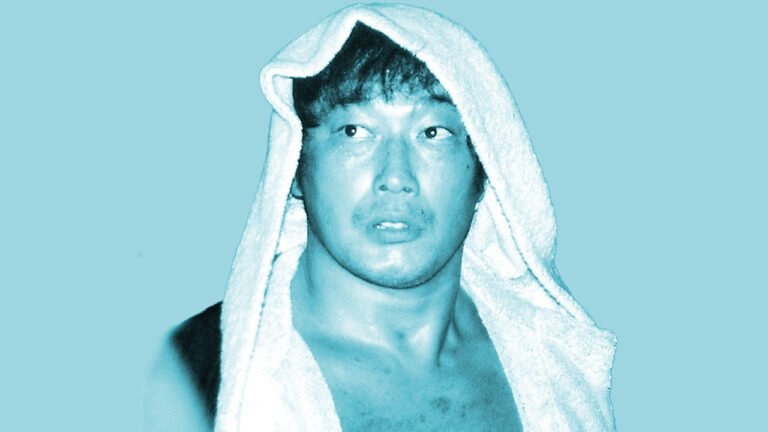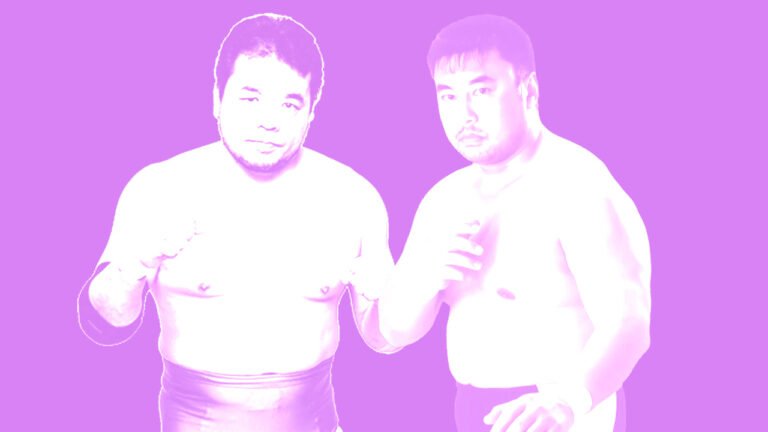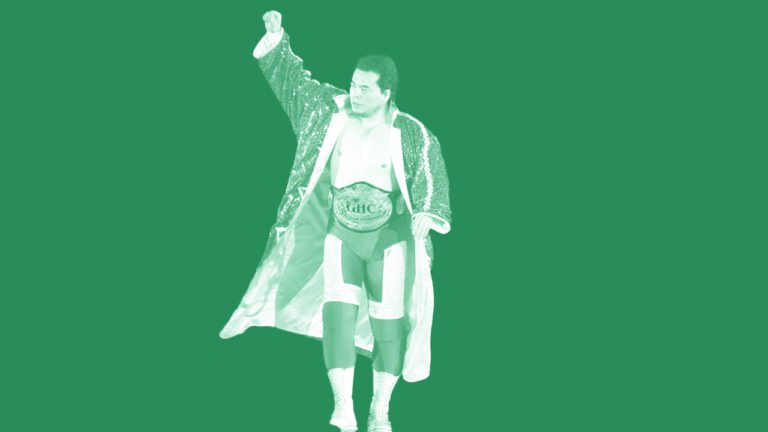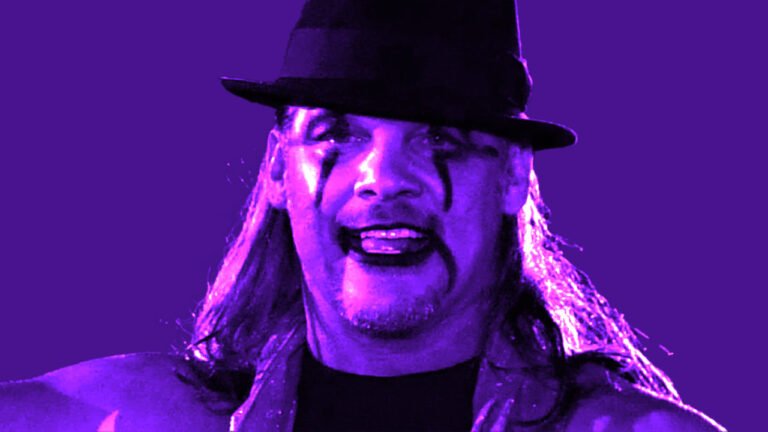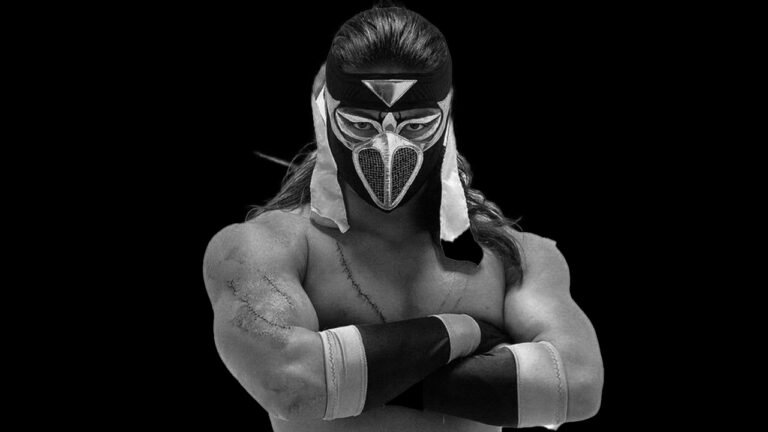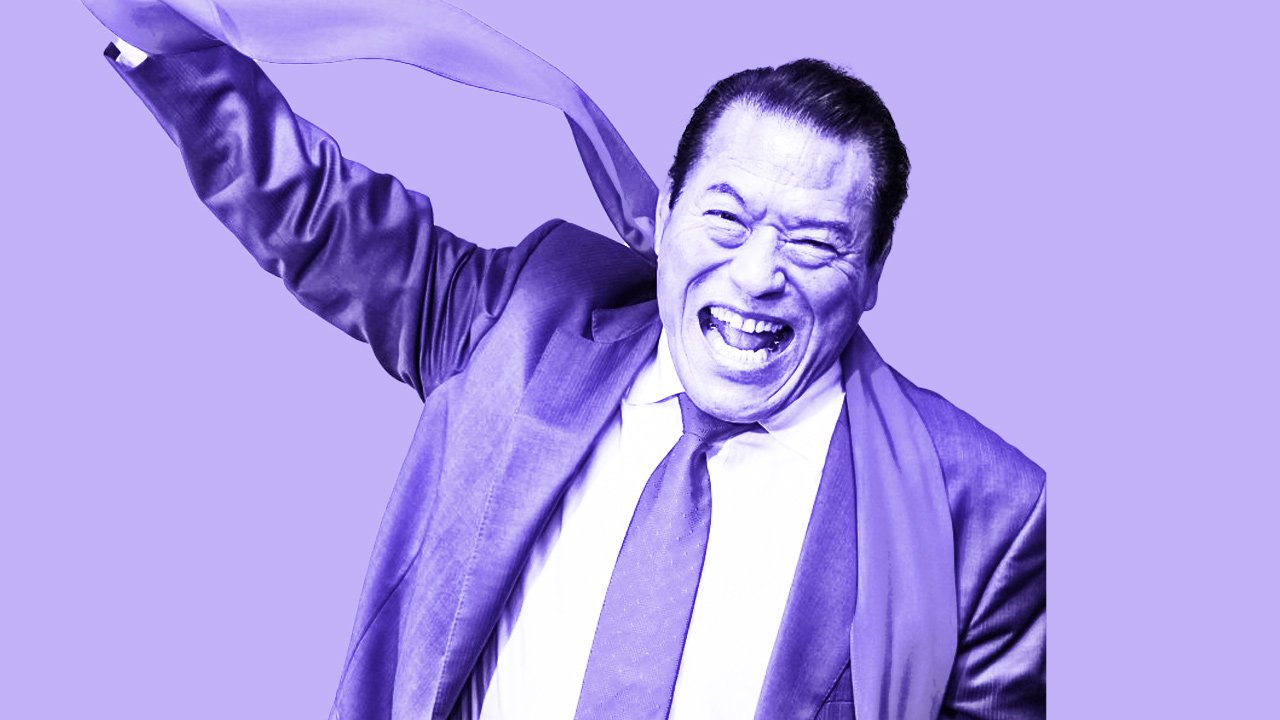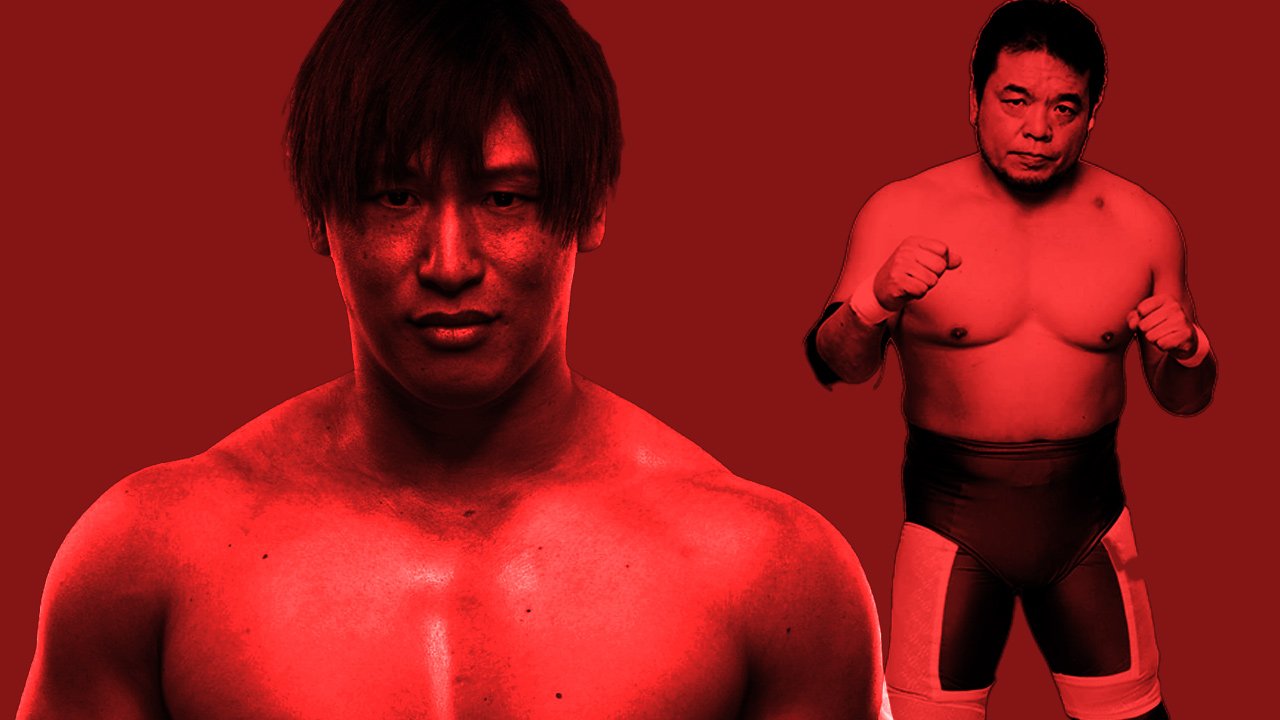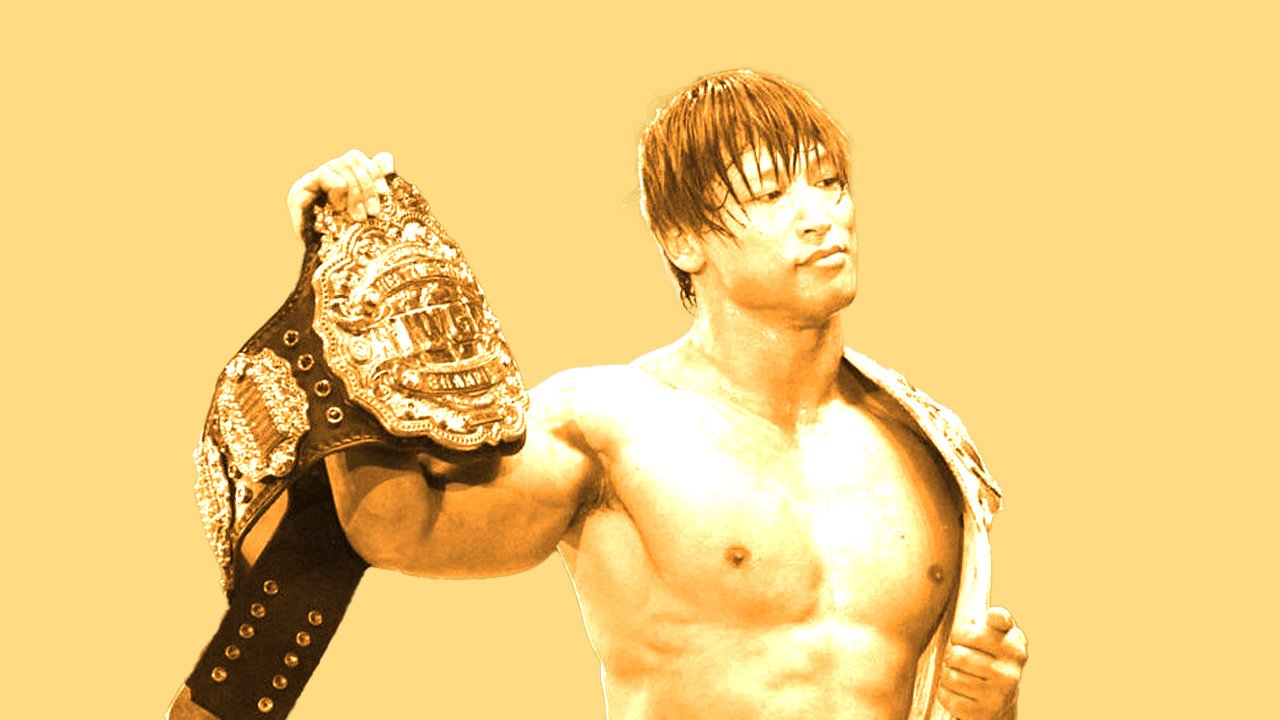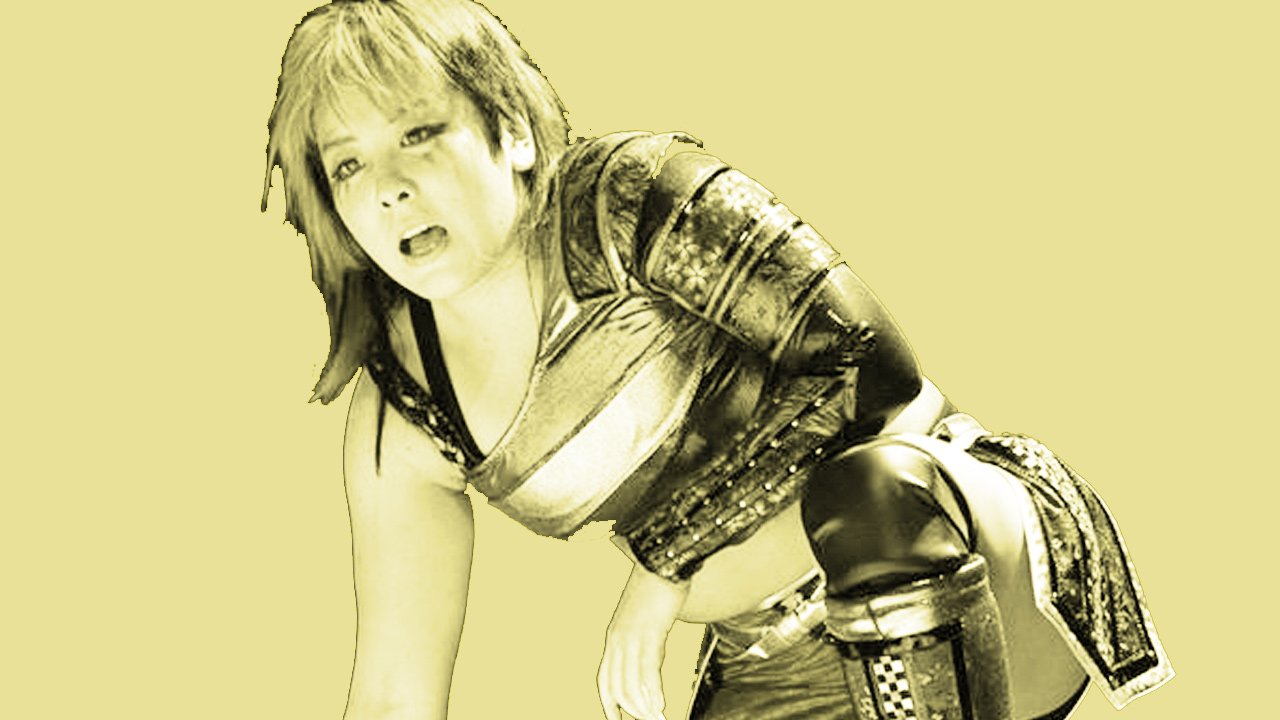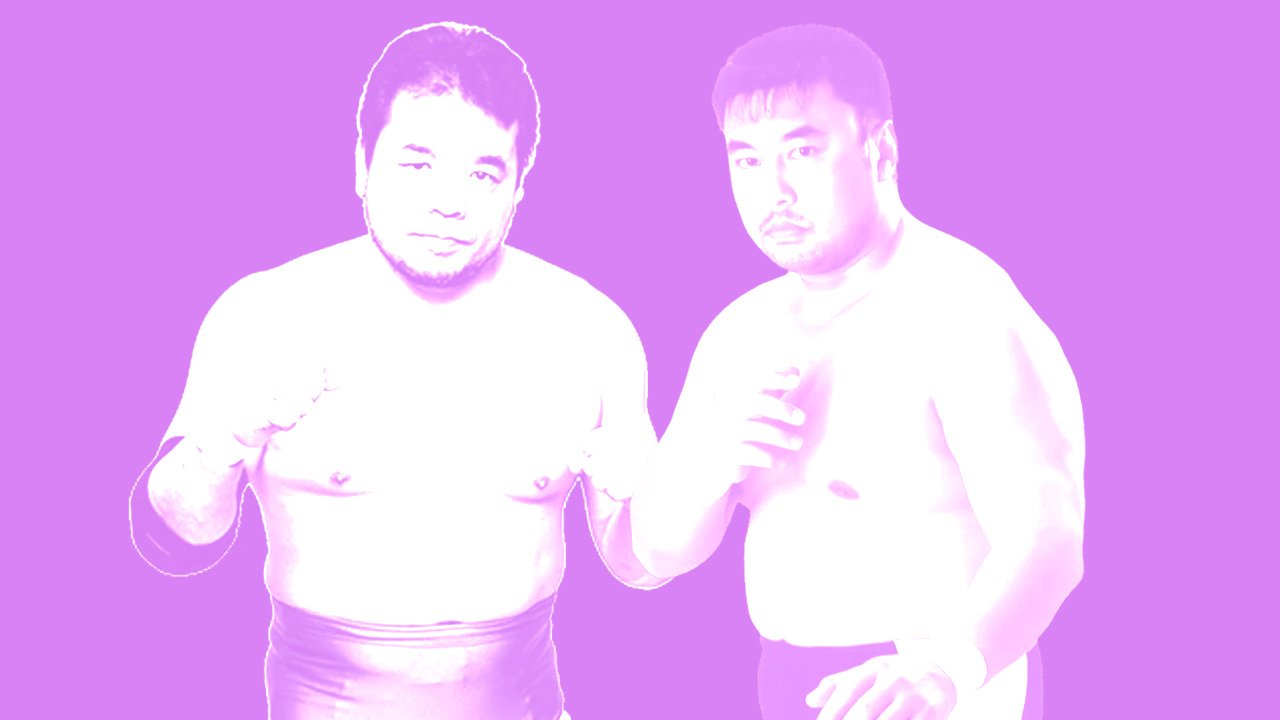The death of Giant Baba in 1999 marked the end of an era for Japanese professional wrestling and set the stage for one of the most dramatic shifts in the industry’s history.
Baba, the towering figure who founded All Japan Pro Wrestling (AJPW) and guided it to its status as one of the top promotions in the world, left behind a legacy of excellence—and a power vacuum.
For decades, Baba’s leadership had kept AJPW stable and successful. But his passing revealed cracks within the company’s structure that had long been papered over by his presence.
What followed was a dramatic fallout that saw Mitsuharu Misawa, one of Baba’s hand-picked stars and the face of AJPW in the ’90s, break away to form Pro Wrestling NOAH. This bold move reshaped the landscape of Japanese wrestling forever.
To understand how the loss of one man led to the creation of an entirely new wrestling empire, we must first look back at Giant Baba’s remarkable life, his untimely death, and the turmoil that followed.
Giant Baba Founded All Japan Pro Wrestling After Splitting From JWA
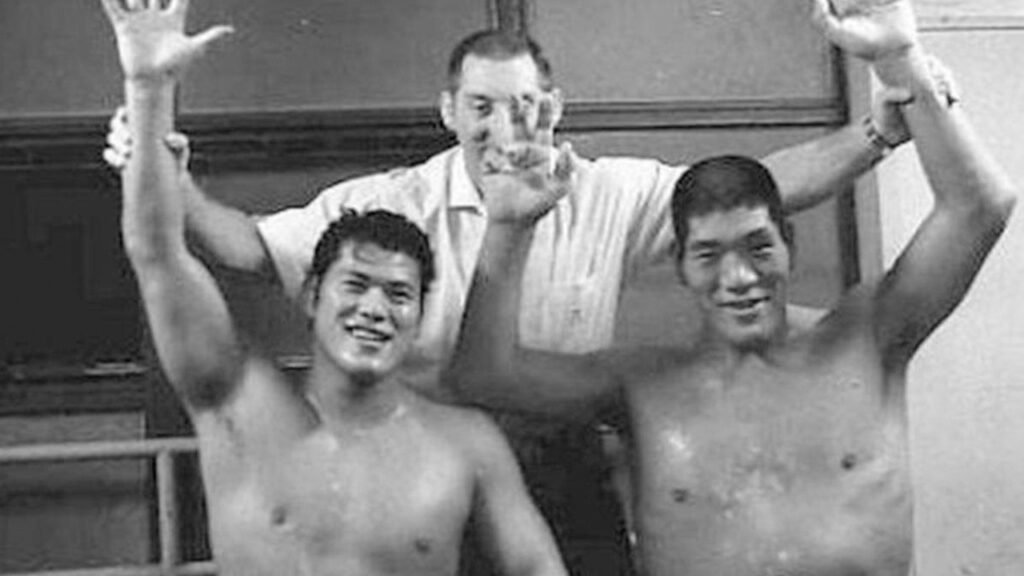
Giant Baba was one of the biggest names in Japan, as well as one of the biggest in general. He was said to have suffered from gigantism, similar to Andre The Giant, although that has not been confirmed due to how secretive he was about his personal life.
Born Shohei Baba, the six-foot-ten giant had a five-year career playing baseball in Japan before being recruited by Rikidozan in 1960 to join the Japan Pro Wrestling Alliance.
He and Antonio Inoki became Rikidozan’s top students and eventual top stars, although Baba was always presented as the main event in the promotion.
He even had a short run in the United States in the 1960s, wrestling in New York as “Big Shohei Baba” or “Baba the Giant”. The Japanese Giant even challenged Bruno Sammartino for the WWWF Championship during this time in Madison Square Garden before returning to start his career as the top star in the JWA.
However, both Baba and Inoki left in 1972 to start their own promotions. Inoki founded New Japan Pro Wrestling, while Baba became the owner and top star of All Japan Pro Wrestling.
Just like in the JWA, Baba remained the bigger star than Inoki and his company became the biggest promotion in the country.
He remained on top for the next 13 years before Giant Baba withdrew himself from the main event scene. He continued to wrestle in midcard matches until his death, wrestling his final match just one month before he died.
He Wrestled His Last Match A Month Before His Death

Giant Baba had an incredibly long career that ended in December 1999.
Despite being the most well-known wrestler in AJPW and arguably all of Japan, he had humbly realised he was too old and broken down to successfully compete in the main event of the shows anymore.
By the 1980s, he as shuffled himself down the card and mainly competed in multi-man tag team matches.
This allowed Baba and other legends to still draw tickets and entertain fans but protected their bodies, while not exposing their declining wrestling ability.
Giant Baba continued to wrestle full-time up until his death. Even as his health deteriorated, he wrestled a full-time schedule throughout 1999 and toured the entire country. However, he began to lose a large amount of weight, making his already unique-looking figure even more gangly and gaunt.
His final outing came at the end of 1999. Giant Baba’s last match was a six-man tag team match at the AJPW Real World Tag League 1998 final.
In the tournament hat night, Burning (Jun Akiyama & Kenta Kobashi) defeated Stan Hansen & Vader while the AJPW President competed alongside Mitsuo Momota & Rusher Kimura to defeat Haruka Eigen, Masanobu Fuchi & Tsuyoshi Kikuchi in the third match on the card.
His last match was a standard affair. Baba didn’t do much, just tagging in to do some typical “giant” spots. He did not look well during the fight and was rushed to the hospital soon after and confined to a hospital bed for the rest of his life.
Giant Baba Died After Watching The Best Match He’d Ever Seen
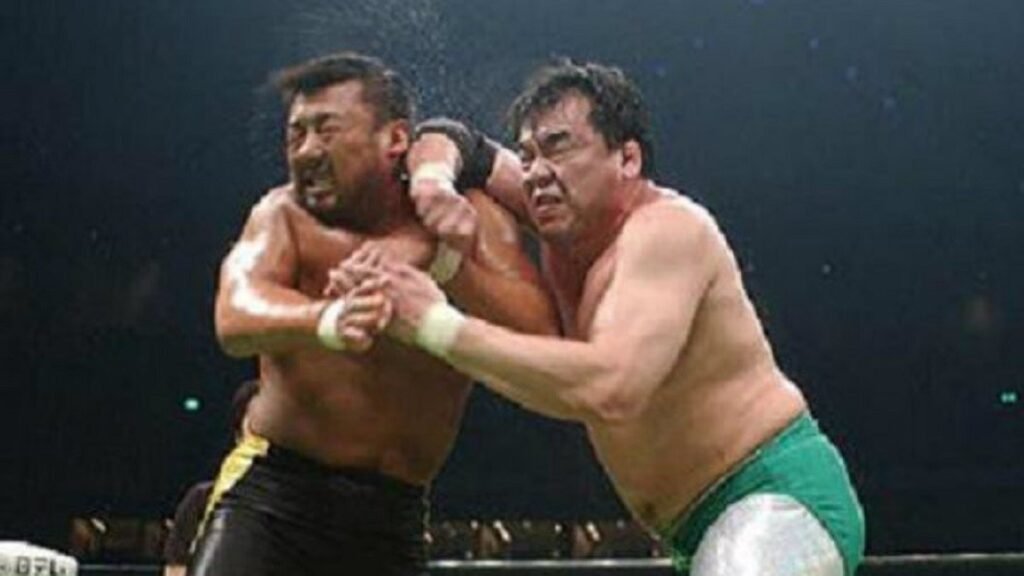
On the 31st of January 1999, Giant Baba passed away. He died in his hospital bed after suffering for months from bowel cancer for over a year.
Due to how secretive his life was, almost nobody knew he was even ill in the first place. Those who did know were not privy to the severity of his illness and were as shocked as anybody when the announcement was made to the world that Shohei Baba had passed away.
This included the man next in line for the All Japan throne, Mitsuharu Misawa. The legendary wrestler was being groomed by Baba to be the next president of the promotion and was close with the AJPW founder. Yet even he didn’t know how bad Baba’s health had become.
Misawa only found out about Giant Baba’s death two hours before the official announcement, giving him little time to process the information before it went public. Given how close he was to the AJPW founder, this was a huge gut punch to the ace of the company.
His death came very suddenly to most, although he had been suffering in hospital for the entire month of January. Baba’s health was deteriorating but he still managed to watch the latest All Japan Pro Wrestling shows from his hospital bed.
We even know the last match he ever watched, and by god, he picked a good one. Giant Baba watched Toshiaki Kawada defeated Mitsuharu Misawa for the Triple Crown Heavyweight Championship on January 22nd 1999, finally getting the win over his friend/rival after years of trying.
Baba remarked that this was the greatest match he had ever seen in his life. He said, “This is the best match I have ever seen”, before becoming too weak to watch any more. He died nine days later from liver failure, caused by his bowel cancer.
There was an outpouring of grief following his death, especially given how much of a surprise it was. Giant Baba had purposely kept his death quiet to even his closest friends in the business, with his wife likely the only person involved in the company who knew how ill he really was.
In celebration of his life and career, AJPW held the Giant Baba Memorial Show at the Tokyo Dome on the 2nd of May 1999. Despite Baba never managing to sell out the legendary venue during his life, the company drew 65,000 fans for their show to say goodbye to the Japanese legend.
On this show, Mitsuharu Misawa won the AJPW Triple Crown from Vader, although his troubles would start soon after Baba’s death.
After His Death, Mitsuharu Misawa Led An Exodus From The Company And Created Pro Wrestling NOAH
Following Giant Baba’s untimely death, All Japan Pro Wrestling faced one of the most significant changes in the company’s history.
Since its formation in 1972, Giant Baba had been in control of the company alongside his wife, Motoko. The pair ran the promotion well, and All Japan became one of the most successful wrestling companies in history.
Giant Baba remained friendly with the wrestlers and always doled out the good news to the boys. Meanwhile, Motoko Baba was tasked with explaining the difficult decisions and chastising the talent, earning her the less-than-complimentary nickname of “Dragon Lady”.
After the death of her husband, Motoko Baba became the largest AJPW shareholder and took on full control of the company. While Mistuharu Misawa was the company president, he still had to go through Motoko whenever he wanted to get anything done.
This lack of control, alongside a beef that had gone back to 1990, when Motoko Baba argued against Misawa being the man to replace Genichiro Tenryu after his exit from the company, meant that the pair did not work well together and their relationship became more and more strained.
This came to a head when Mitsuharu Misawa was removed from the company as President. He promptly left the promotion with nearly the entire roster and formed Pro Wrestling NOAH (the only two holdouts were Toshiaki Kawada and Masanobu Fuchi.) This exodus from All Japan was similar to what Baba died 28 years prior when he formed All Japan, in a strange twist of fate.
Want to learn more about the AJPW Exodus? Find Out About How Misawa Created Pro Wrestling NOAH
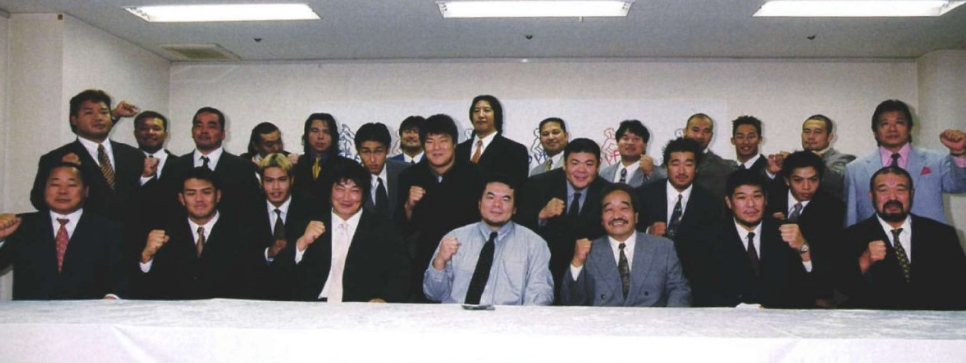
All Japan Pro Wrestling struggled to regain their position as the top promotion in Japan without Misawa and the rest of their roster.
They quickly fell behind both New Japan Pro Wrestling and Pro Wrestling NOAH and have never managed to reach the heights they did under Giant Baba before his death.
Meanwhile, NOAH became the top promotion in the country for a time. The drawing power of Kenta Kobashi and Mitsuharu Misawa ensured they came out of the blocks flying, and they began to build up young stars like KENTA and Naomichi Marufuji.
The promotion would lose steam following Kenta Kobashi’s cancer diagnosis Mitsuharu Misawa’s death, but their collapse was nowhere near as dramatic as AJPW was following Giant Baba’s.
